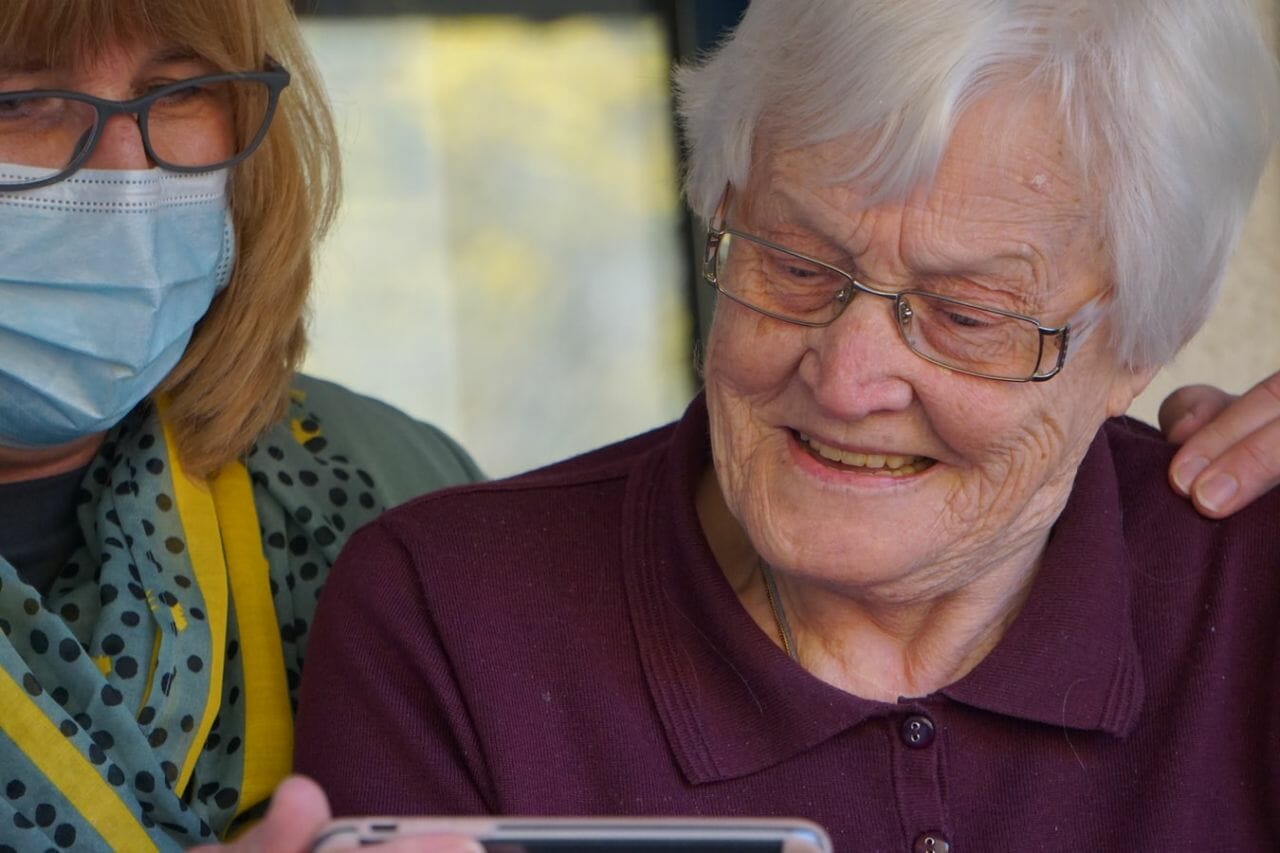A report has accused government of a “slow, inconsistent, and at times negligent approach” to social care in the COVID-19 pandemic. The Public Accounts Committee have published a report highlighting an “appalling error” when 25,000 patients were discharged from hospital into care homes without being tested for COVID-19, despite evidence of asymptomatic infection.
Meg Hillier MP, Chair of the Committee, said: “The failure to provide adequate PPE or testing to the millions of staff and volunteers who risked their lives to help us through the first peak of the crisis is a sad, low moment in our national response. Our care homes were effectively thrown to the wolves, and the virus has ravaged some of them.”
The committed called out six key areas of failure:
Lack of Direction
Clear and coherent guidance was missing because roles and responsibilities were not clarified at the outset of the pandemic. The NHS responsibilities were clear; to provide more beds and ventilators for the COVID-19 response. However, no one person appeared responsible for the overall strategy for health and social care. This meant that several different bodies responded independently, rather than a coordinated and organised response. This resulted in inadequate provision of PPE for social care workers and residents.
Inadequate Testing
Up until 15 April it was government policy not to test all patients discharged from hospital. The NHS discharged 25,000 patients to a care home in this period, without a test. However, in late March, Public Health England confirmed that COVID-19 could be passed on by asymptomatic patients. It is not clear how many of those discharged had COVID-19, but between 9 March and 17 May, around 5,900 care homes (approximately 38% of care homes in England) reported at least one case of COVID-19.
Lack of Integration Between Health and Social Care Sectors
This pandemic has highlighted the years of delays in integrating health and social care. “The stark contrast between the approach taken towards protecting the NHS compared with the care sector has been highlighted by many since the start of the pandemic.” They did not publish the adult social care action plan until 15 April, which was over four weeks after the initial NHS letter on plans. This resulted in insufficient training and resources available to those working and in social care.
Lack of Confidence in Government Guidance
The government has had to make many quick decisions. However, some of these decisions have been based on what the system could cope with, rather than what was right. They have updated the PPE guidelines 40 times without consulting service providers. This has led “to confusion on the ground”. Government have a tendency “to over-promise and under-deliver”. The committee questioned if the government will be able to deliver on the ‘track and trace’ scheme effectively.
Massive Backlogs and a Second Peak
Following on from the lack of protection and guidance around testing and PPE, staff morale is low. It will therefore be increasingly difficult for them to manage the massive backlogs and face into a potential second peak of the pandemic.
Lack of Costs Transparency
Government boosted NHS capacity in April by building Nightingale hospitals. The contracts for these ended in June, however, they plan to continue these arrangements in anticipation of future peaks. NHSE&I are unable to provide any estimates of the private sector costs for these.
Recommendations
The Committee have made a number of recommendations, many in preparation for a second peak, but some for the long term investment in social care. Such as, naming individuals who will be responsible for owning and developing the critical elements to a pandemic response. They have also asked for data around patients that were discharged into care homes without testing alongside any following outbreaks.
We were devastated to report on the massive increase in deaths in care homes during the coronavirus pandemic. The lack of protection provided to the residents and workers in care homes was intolerable. So, we welcome this report and hope that the recommendations go far enough to protect those in care homes from any future crisis.
Pryers Solicitors are experts in medical negligence and personal injury claims. We can therefore help you claim the compensation you deserve if you are a resident of a care home and have received negligent treatment. Or, if you are a care home worker who has suffered an injury following health and safety negligence.
Call us on, of contact us by email to find out how you could make a no win no fee claim.





